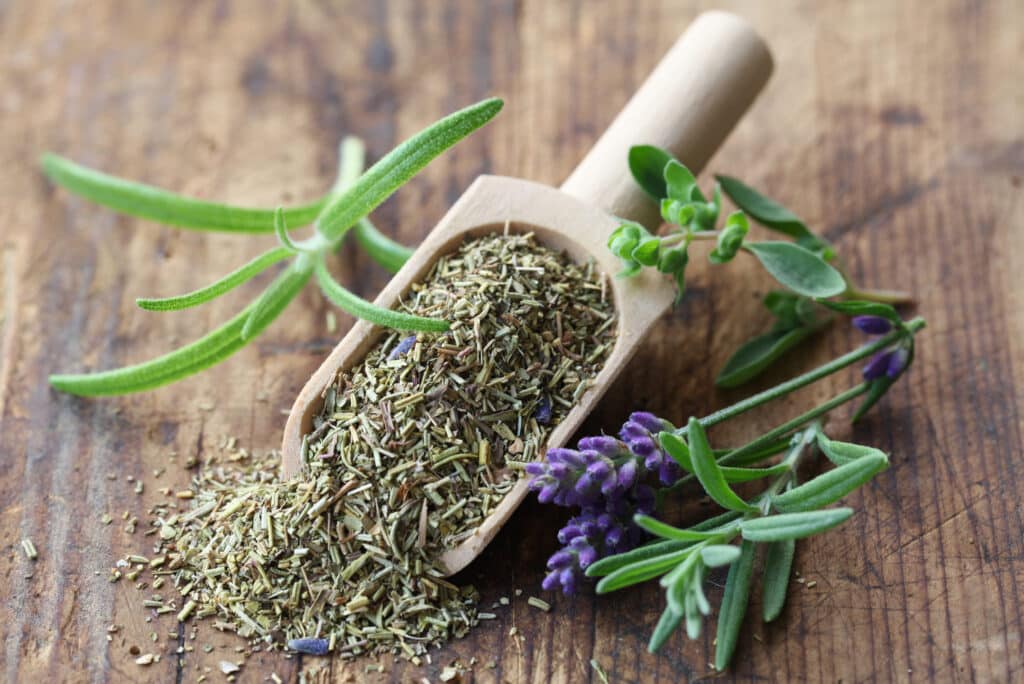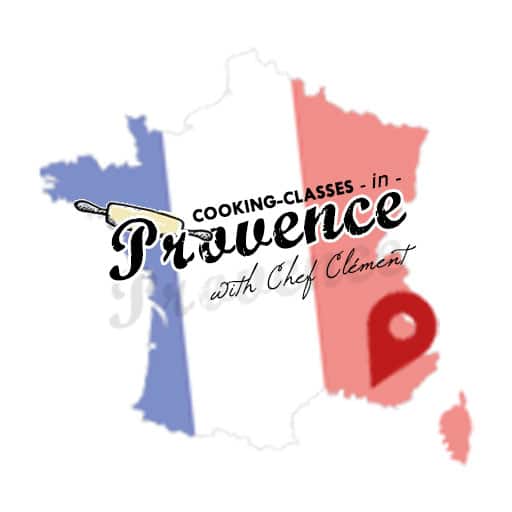When it comes to French cuisine, Provence is a region that stands out as one of the best places to immerse yourself in the art of cooking. From its sun-kissed landscapes to its fresh, local ingredients, Provence offers an authentic and vibrant environment for learning French cooking. This Southern French region is more than just a tourist destination—it’s the heart of Mediterranean flavors, where culinary traditions have been passed down for generations. So, why is Provence the best place to learn French cooking? Let’s dive into the key reasons.
Discover the Joy of French Cooking in Provence
1. A Rich Culinary Tradition
Provence has a rich and diverse culinary tradition that is influenced by its Mediterranean climate, geography, and history. With the sea to the south, mountains to the north, and fields of lavender and olive groves in between, Provence offers an abundance of fresh, local ingredients that have shaped its cuisine for centuries.
The region is known for its use of fresh vegetables, seafood, olive oil, and aromatic herbs such as thyme, rosemary, basil, and lavender. Its culinary tradition emphasizes simplicity, flavor, and quality, making it the ideal place to learn the fundamentals of French cooking.
In Provence, cooking is not just about following recipes; it’s about understanding how to work with the seasons and the ingredients at hand. By learning to cook in this region, you’ll gain an appreciation for the natural flavors that define French cuisine and how to bring out the best in simple, fresh ingredients.
2. An Abundance of Fresh, Local Ingredients
Provence is blessed with a climate that nurtures some of the best produce in France. The Mediterranean climate allows for an abundance of fruits, vegetables, and herbs that are central to the region’s cuisine. The seasonality of ingredients is a cornerstone of Provencal cooking, and this focus on fresh, high-quality produce is one of the reasons the region is so revered by chefs and home cooks alike.
Some of the most iconic ingredients you’ll find in Provence include:
- Olives and Olive Oil: The region is famous for its high-quality olive oil, which is a staple in almost every Provencal dish. Olive oil is used generously in everything from salads to marinades, soups, and stews.
- Herbs de Provence: This iconic blend of dried herbs (typically rosemary, thyme, oregano, marjoram, and basil) is used to flavor meats, fish, stews, and vegetables. It’s a symbol of Provencal cooking and is perfect for anyone looking to learn the flavors that make this cuisine unique.
- Seafood: With its proximity to the Mediterranean, Provence offers a variety of fresh seafood. Bouillabaisse, a famous fish stew, is just one of the many seafood dishes that highlight the abundance of fresh catches from the sea.
- Vegetables: Provence’s fertile soil produces a wide range of vegetables, including tomatoes, eggplant, zucchini, peppers, and artichokes. These vegetables are often the base for many Provencal dishes, such as ratatouille, a vegetable stew that is beloved worldwide.
- Lavender: Provence is known for its fields of lavender, which are not only beautiful but also serve as a flavoring in both savory and sweet dishes. Lavender adds a distinctive, fragrant note to Provencal cuisine, from baked goods to sauces.
Learning to cook with these ingredients allows you to appreciate the essence of Provencal cuisine: simple, flavorful, and rooted in the land.
3. Mediterranean Lifestyle and Culinary Philosophy
One of the best reasons to learn French cooking in Provence is the region’s Mediterranean way of life. Provence is all about savoring life at a slower pace, taking the time to enjoy meals with family and friends, and embracing a lifestyle that revolves around food. Meals in Provence are seen as a celebration of life itself, with food taking center stage as a means of connection and enjoyment.
This philosophy of “la table” (the table) reflects the idea that food is more than just nourishment—it’s an experience to be shared and savored. When you learn to cook in Provence, you don’t just learn how to prepare food; you learn the art of creating meals that bring people together. The region’s culinary culture focuses on enjoying the process of cooking and the joy of sharing food with others.
Learning to cook in Provence isn’t just about following recipes; it’s about understanding the broader cultural context of food and learning how to embrace the Mediterranean approach to eating. You’ll learn the importance of taking your time to prepare meals, enjoying the company of others, and celebrating the flavors of the region in every dish.
4. Authenticity of Provencal Cooking Classes
Another reason why Provence is an ideal place to learn French cooking is the authenticity of the culinary classes. Whether you’re cooking in a professional kitchen or learning in a traditional farmhouse, you’ll have the opportunity to work with local chefs who are deeply connected to the region’s culinary heritage.
In Provence, many cooking classes are taught by local chefs or home cooks who have been cooking the same recipes for generations. These chefs know the region’s ingredients and techniques intimately, and they’ll be able to teach you not only the “how” but also the “why” behind each dish. This knowledge comes from years of experience and passion for the cuisine, and it’s something you won’t find in just any cooking school.
Provence offers a variety of cooking classes, from hands-on workshops to private lessons. These classes are typically small, allowing for personalized instruction and a chance to ask questions, get advice, and immerse yourself fully in the cooking experience. Whether you’re a novice or an experienced cook, you’ll gain valuable skills that will enhance your cooking no matter where you are in the world.
5. Scenic Surroundings for an Inspiring Learning Environment
One of the most unique aspects of learning French cooking in Provence is the stunning surroundings. The region’s landscapes—rolling hills, lavender fields, olive groves, and picturesque villages—offer an inspiring and peaceful backdrop for a cooking class. Whether you’re cooking in a traditional kitchen in a charming village or learning on a vineyard overlooking the Mediterranean Sea, the beauty of Provence enhances the entire culinary experience.
Cooking in Provence isn’t just about the food; it’s about soaking in the atmosphere, enjoying the peaceful rhythms of rural life, and being inspired by the natural beauty of the region. This setting adds an extra layer of richness to the experience and helps you connect with the food on a deeper level.
6. Perfect for All Skill Levels
Whether you’re a novice cook or an experienced chef, Provence offers something for everyone. Cooking classes in the region are designed to be accessible to all skill levels. If you’re just starting out, you’ll learn basic techniques and build confidence in the kitchen. If you’re more experienced, you can delve deeper into complex dishes and refine your skills with the guidance of an expert chef.
The hands-on nature of cooking classes in Provence ensures that you’ll be actively involved in every step of the process. You’ll learn how to handle ingredients, master cooking techniques, and create dishes that you can recreate at home. The emphasis on practical skills makes it a perfect environment for anyone looking to learn or improve their French cooking.
Provence is the ultimate destination for anyone wanting to learn French cooking. With its rich culinary tradition, focus on fresh, local ingredients, and Mediterranean approach to food, the region offers a cooking experience that is as much about culture and lifestyle as it is about technique. By learning to cook in Provence, you’ll not only gain valuable cooking skills but also develop a deeper appreciation for the flavors, ingredients, and philosophies that define one of France’s most beloved regions.
So, if you’re looking to immerse yourself in the true spirit of French cuisine, there’s no better place to do it than in the heart of Provence.






